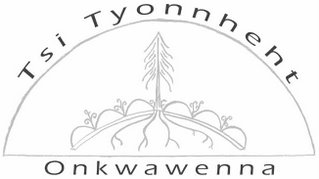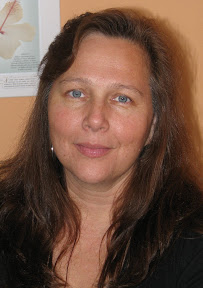Renewable energy and First Nations:
What are the benefits and opportunities?
On Tuesday, June 5, Volker Thomsen and Dan Longboat will explain how renewable energy can benefit First Nations and their communities.
Volker Thomsen is the President of St. Lawrence College, near Akwesasne Mohawk Territory near Cornwall, Ontario. He is a visionary, actively promoting improved health for First Nations peoples, and a long-time supporter of FNTI. He is also the author of Canada: Enroute to Prosperity, an inspirational book advocating innovation and job creation through education and training, health and wellness. In particular, Mr Thomsen advocates for “green innovation.”
Dan Longboat is Director of the Indigenous Environmental Studies Department at Trent University, and a Faculty member with FNTI’s Indigenous Community Health Approaches Program.
This Open House will be of interest to those concerned with sustainable communities, First Nations peoples, and the general public.
Admission is FREE
When: Tuesday, June 5, 2007 7:00 pm
Where: Tyendinaga Mohawk Territory, Community Centre – 1807 York Road
Why: To discuss renewable energy options for First Nations territories
For more information, contact:
| Christine Loft | Suzanne Brant | Merle Maracle |
| 613-396-2122 ext 136 | 613-396-2122 ext 125 | 613-396-2122 ext 121 |





